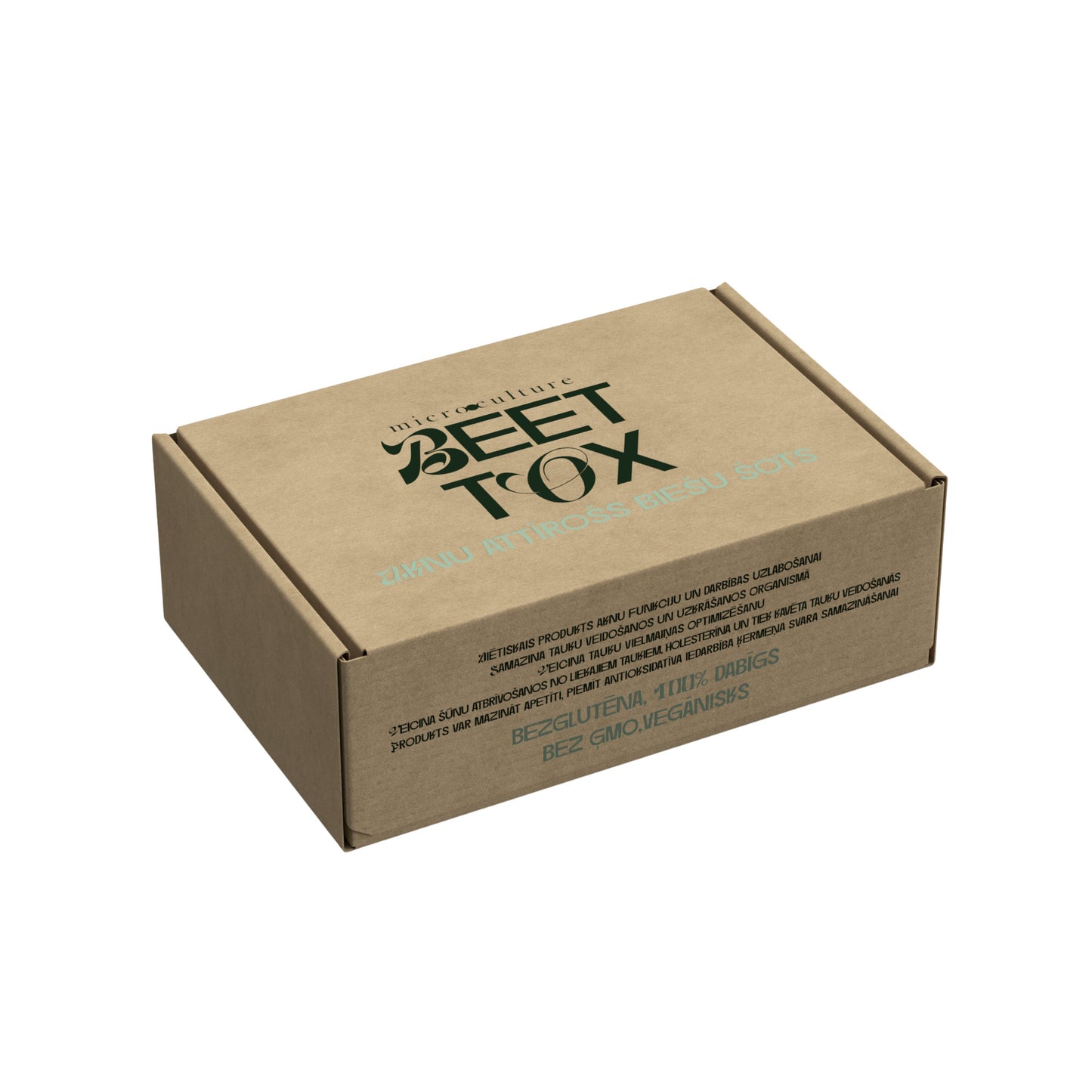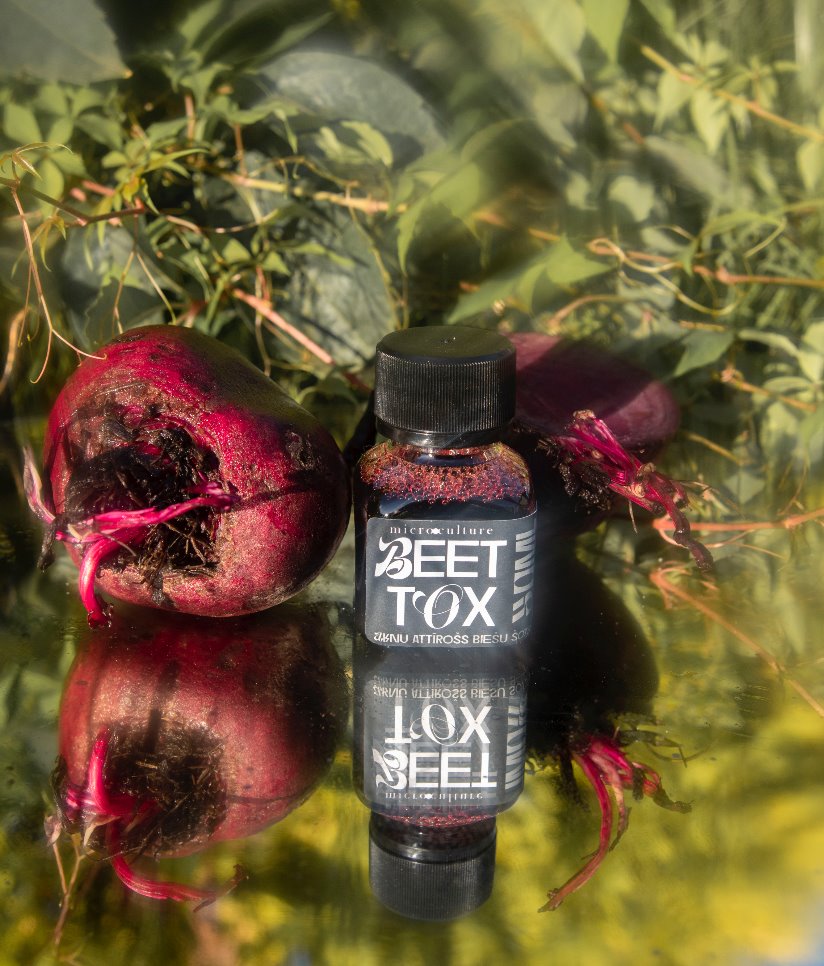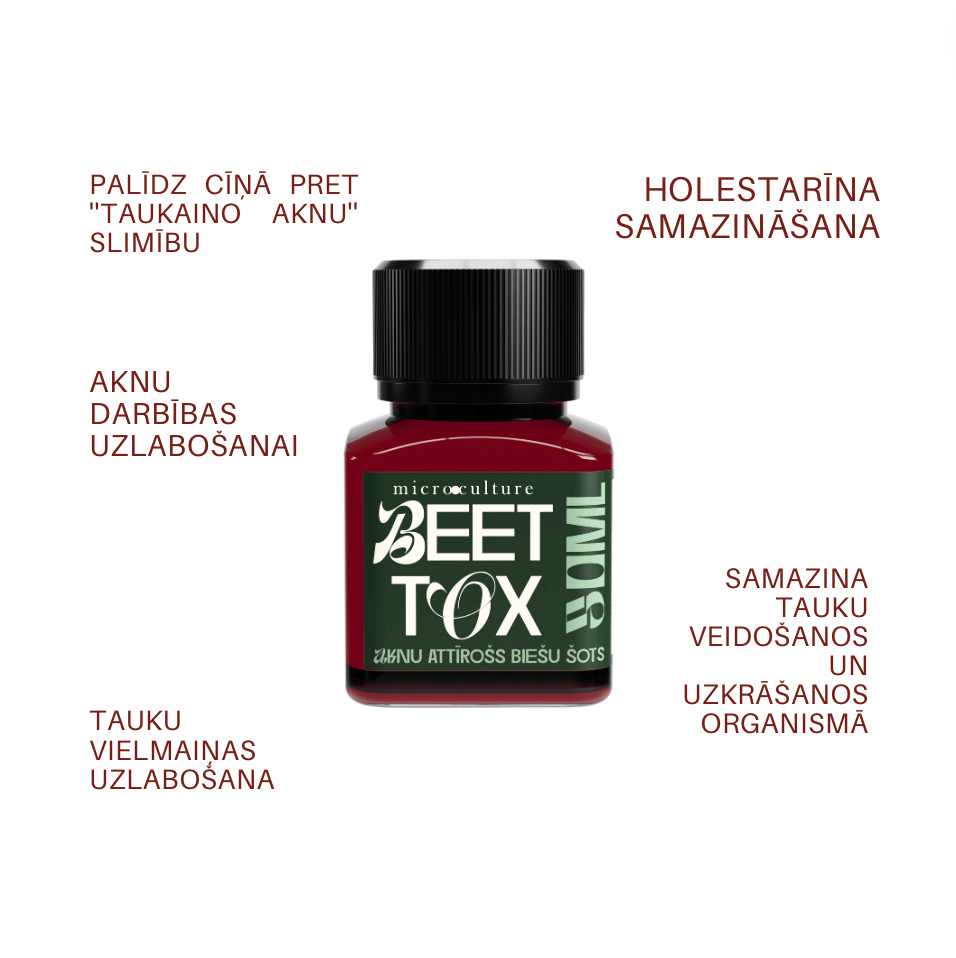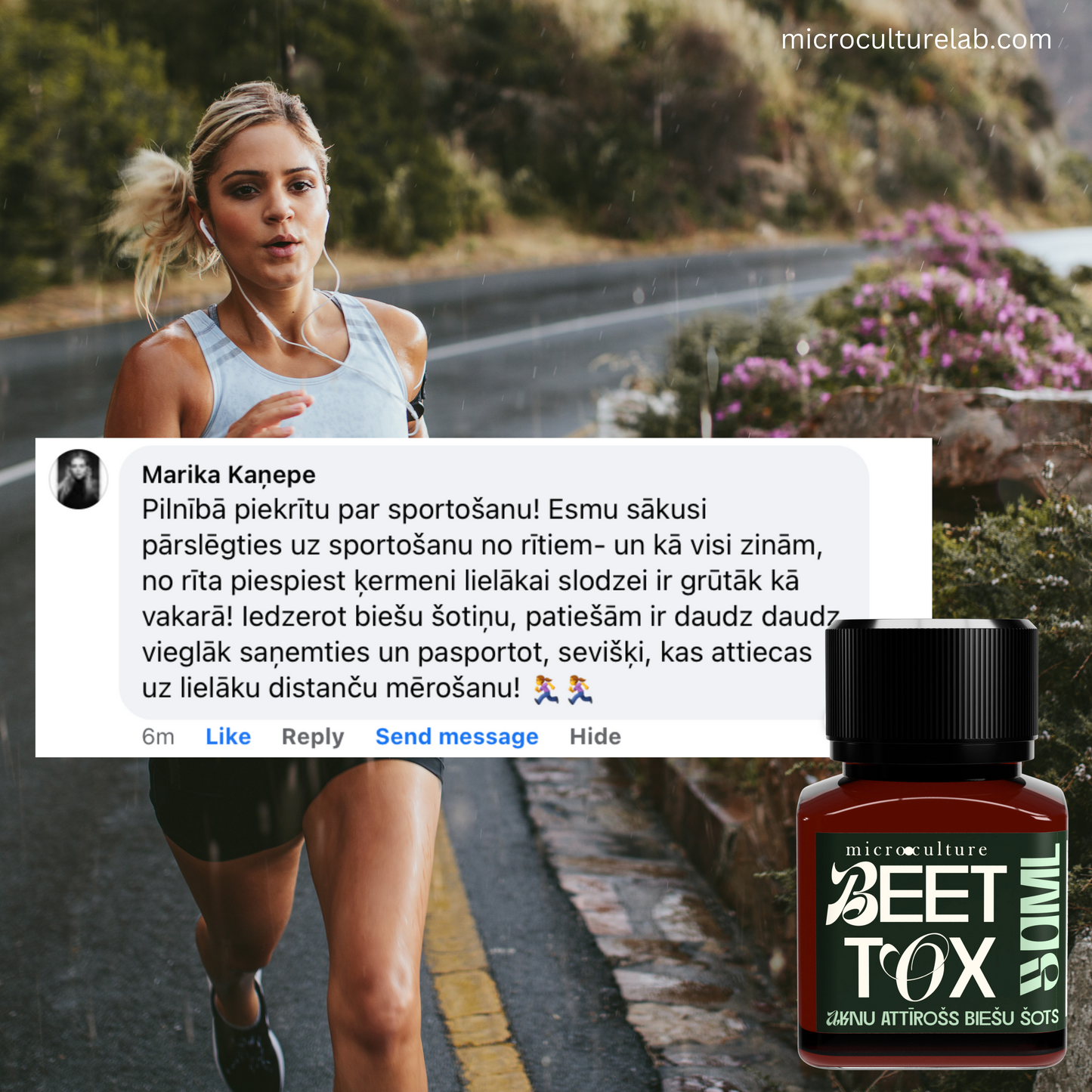Fatty liver disease is a common but often underdiagnosed medical condition that can have serious consequences if left untreated. What is fatty liver disease? What are its causes, symptoms and what is the importance of early resolution? Let's delve into natural solutions that can help control liver health and improve overall wellness.
What is fatty liver disease?
Popularly known as fatty liver, it is a disease also known as hepatic steatosis, a condition characterized by the accumulation of excess fat in the liver. This fat accumulation can interfere with normal liver function and lead to inflammation, scarring and potential long-term liver damage.
Types of fatty liver disease:
Non-alcoholic fatty liver disease: This is the most common form of fatty liver disease and occurs in people who do not drink excessive amounts of alcohol. It can range from simple fat accumulation (steatosis) to nonalcoholic steatohepatitis, which involves liver inflammation and possible fibrosis.
Alcoholic fatty liver: As the name suggests, this type of fatty liver disease is caused by excessive alcohol consumption.
Causes and risk factors:
Several factors can contribute to the development of fatty liver disease.
Diet: High consumption of saturated fats, refined sugars, and processed foods can contribute to the accumulation of fat in the liver.
Obesity: Being overweight or obese increases the risk of fatty liver disease.
Insulin resistance: Insulin resistance, often associated with type 2 diabetes, can cause fat to build up in the liver.
Genetics: Genetic factors may play a role in an individual's susceptibility to fatty liver disease.
Medicines: Some medicines and medical conditions can increase the risk of developing the disease.
Signs and symptoms:
Fatty liver disease is often asymptomatic in its early stages. However, as the condition progresses, symptoms such as:
Fatigue
Abdominal discomfort or pain
Unexplained weight loss
Jaundice (yellowing of the skin and eyes)
Swelling in the abdomen and legs
It is necessary to monitor the health of the liver in a timely manner!
Why it is important to address fatty liver disease:
Fatty liver can progress to more serious conditions, including cirrhosis (scarring of the liver) and liver failure. It is also associated with an increased risk of cardiovascular disease and type 2 diabetes. Early intervention is critical to prevent these complications.
Why has fatty liver disease become common?
Fatty liver disease has increased significantly in recent years, and several factors contribute to its prevalence:
Modern Diet: Modern diets are increasingly high in high-fat, high-sugar, and processed foods that promote fat accumulation in the liver.
Sedentary lifestyle: A sedentary lifestyle characterized by minimal physical activity is common, leading to obesity and insulin resistance, both risk factors for the disease.
Rise in obesity: The global obesity epidemic has played a significant role in the rise in cases.

Best foods for liver health:
1. Berries
Dark berries, including blueberries, raspberries and cranberries, black elderberries, contain antioxidants called anthocyanins, which reduce inflammation and protect the liver from oxidative stress. They also protect against liver damage and slow down the development of damage and fibrosis, the development of scar tissue in the liver.
2. Grapefruit
Grapefruit contains antioxidants, including naringenin and naringin, which help protect the liver from injury.
Note that several medications that are metabolized in the liver may interact with grapefruit, so consult your doctor before adding grapefruit to your diet if you are on medication!
3. Oatmeal
Oatmeal is a great way to add fiber to your diet, and the fiber in oats can be especially beneficial for your liver. Oats and oatmeal contain compounds called beta-glucans, which help maintain a strong immune system and fight inflammation, and may help reduce the amount of fat and collagen stored in the liver. Choose whole-grain oats, as instant oatmeal may contain fillers such as flour and sugar.
4. Beans
Beans are rich in fiber that supports gut health. Beans are a great source of plant-based protein that helps keep you full longer and helps cleanse your liver.
5. Yogurt
Yogurt contains probiotics that are beneficial for the intestinal microflora. Eating yogurt with probiotics helps reduce the risk of fatty liver disease. Choose unsweetened Greek yogurt!
6. Cruciferous vegetables
Cruciferous vegetables such as Brussels sprouts, broccoli and mustard greens are high in fiber. These vegetables can help increase the liver's natural detoxification enzymes, protect it from damage, and improve blood levels of liver enzymes.
7. BEET-TOX
While working with beetroot products, their strong ability to influence the formation and accumulation of fat in the body was discovered. As a result of long-term research, a unique dietary product BEET TOX® - shots of fractionated beet juice was developed.
How is it different from regular beet juice? Beetroot contains several volatile compounds, which often cause unwanted side effects (nausea, vomiting, dizziness) when drinking freshly squeezed juice. Excessive regular consumption of beetroot juice can cause liver damage.
BEET-TOX is fractionated beetroot juice. Fractionation of plant juice by molecular weight is used to improve the functional properties of the food product, except that which is harmful to liver health.
4 worst foods for the liver
1. Alcohol
Although the liver is responsible for filtering toxins such as alcohol, some liver cells die with each filtration. Drinking large amounts of alcohol over a long period of time can cause serious and permanent damage to liver tissue, so if you are concerned about your liver, limit alcohol as much as possible.
2. Fried, fatty foods
Fried, fatty foods such as French fries, pizza, cheeseburgers and donuts are not the best for the liver. The liver is responsible for breaking down fat and turning it into energy, so eating too much fatty food can overload the liver. It can also cause fatty liver disease. These foods can cause inflammation, which can lead to the formation of scar tissue in the liver, a complication known as cirrhosis.
3. Red meat and meat products
Red meat and products such as hot dogs, sausages and pepperoni will not do the liver any good. They can cause non-alcoholic liver disease and insulin resistance. High consumption of red and processed meat is also linked to chronic diseases such as cancer, type 2 diabetes and cardiovascular disease.
4. Desserts with a high amount of sugar
Any dessert high in sugar for the liver should be avoided. Ice cream is extremely high in sugar and saturated fat, and whipped cream is loaded with calories, sugar, fat, and saturated fat.
It is important to choose high-quality, natural products and avoid harmful habits. Thus, by taking care of your liver health and taking the necessary measures, you can improve your health and prevent serious complications that can occur due to fatty liver disease.
For a healthy, natural and fulfilling life!










